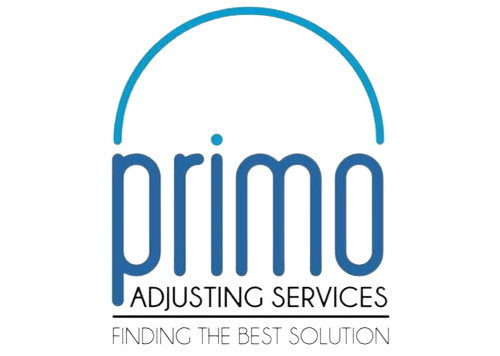SCHEDULE YOUR FREE INSPECTION TODAY - CALL US 786-740-8641
Largo Hurricane Milton Insurance Adjusting Services
Navigating the Recovery Process After Hurricane Milton
As Largo residents begin the process of recovery after Hurricane Milton, the focus shifts to managing property damage and navigating the often complex world of insurance claims. This can be a daunting task, especially when dealing with the emotional aftermath of such a disaster. Understanding how to effectively engage with your insurance provider is crucial for securing the compensation necessary to rebuild your life and property. Homeowners must be proactive in assessing damages, documenting losses, and filing claims accurately. That’s where professional insurance adjusting services come in, providing expert guidance and support to ensure you receive the compensation you deserve throughout this challenging process.
Understanding Hurricane Damage
In the wake of a hurricane, various types of damage can affect homes and properties. Recognizing the extent of this damage is crucial for homeowners and insurance adjusters alike.
Common Types of Damage
- Wind Damage: High winds can uproot trees, tear off roofs, and break windows, leading to extensive repairs.
- Water Damage: Heavy rains and storm surges can cause flooding, leading to mold and structural issues. Many homeowners may not realize that standard insurance policies do not always cover flooding, making it important to understand your specific policy.
- Debris Damage: Wind and flooding can also lead to debris accumulation, which can pose additional risks to safety and property integrity.
External Links: For guidelines on assessing damage, FEMA offers resources on [post-disaster assessment](https://www.fema.gov/).
The Importance of Documenting Damage
Before contacting your insurance provider, it is vital to document all damage thoroughly.
Steps for Effective Documentation
1. Take Photos and Videos: Capture images of all damaged areas from multiple angles. Be sure to include close-ups of any destruction, such as broken windows or torn roofing.
2. Create an Inventory: Make a list of damaged personal property, noting the item's condition and value. This should include furniture, electronics, and appliances.
3. Keep Receipts: If you have incurred costs for emergency repairs or temporary housing, keep receipts, as these may be reimbursable under your insurance policy.
External Links: For additional documentation tips, visit the [National Association of Insurance Commissioners](https://content.naic.org/).
Navigating Your Insurance Policy
After assessing the damage, it's essential to understand your insurance coverage.
Types of Coverage to Consider
- Homeowners Insurance: This policy typically covers damage to the structure of your home and personal belongings. However, it may have exclusions, especially concerning flooding.
- Flood Insurance: If you reside in a flood-prone area, you may need a separate flood insurance policy. The National Flood Insurance Program (NFIP) offers guidance on acquiring this type of coverage.
Understanding Deductibles
Insurance policies usually include a deductible, which is the amount you must pay out-of-pocket before your insurance kicks in. Knowing your deductible can help you plan your finances as you begin the recovery process.
Filing Your Insurance Claim
Once you have documented the damage and reviewed your policy, it’s time to file your insurance claim.
Steps to File a Claim
1. Notify Your Insurance Company: Contact your insurer to report the damage as soon as possible. Provide them with your policy number and an overview of the damages.
2. Submit Documentation: Send all collected documentation, including your inventory, photographs, and receipts. This evidence will support your claim and expedite the process.
3. Prepare for the Adjuster Visit: An insurance adjuster will be assigned to assess the damage. Be ready with all your documentation, and be transparent about the damage you have recorded.
Benefits of Hiring Insurance Adjusting Services
Engaging the services of a professional insurance adjuster can alleviate the stress of the claims process. Here are some key advantages:
Expertise in the Claims Process
Insurance adjusters understand the complexities of the insurance industry and can help identify damage that may not be immediately visible to homeowners. Their expertise allows for a more accurate assessment, increasing the chances of receiving fair compensation.
Negotiation Skills
Professional adjusters are skilled negotiators and can effectively advocate for your rights. They can help ensure you are not under-compensated by your insurance company, which can be a common issue for those unfamiliar with the claims process.
Time-Saving
The claims process can be lengthy and frustrating. By hiring a professional, you can focus on other important aspects of recovery, such as rebuilding your home and returning to normal life, while they handle the negotiations and paperwork.
External Links: The following organizations provide valuable support:
- FEMA: Offers resources and financial assistance for disaster recovery. Visit their [website](https://www.fema.gov/) for more information.
About Primo Adjusting Services
At Primo Adjusting Services, we specialize in helping Largo residents navigate the aftermath of Hurricane Milton. Our experienced team understands the nuances of property loss claims and works diligently to secure the compensation you deserve. We are committed to guiding you through every step of the claims process, ensuring a smoother recovery.
If you need assistance with your insurance claims, contact Primo Adjusting Services today. Let us help you rebuild and recover after Hurricane Milton.
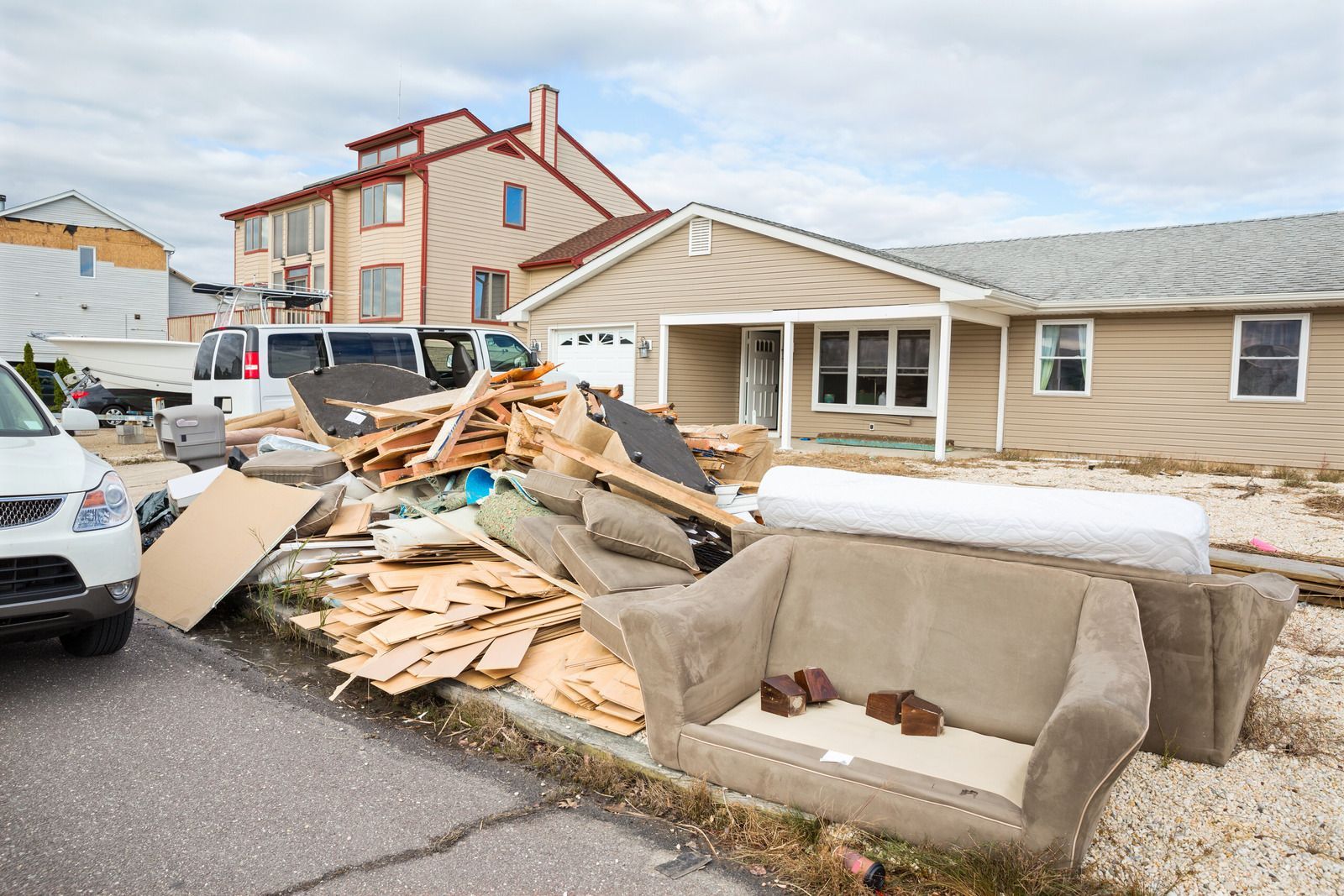

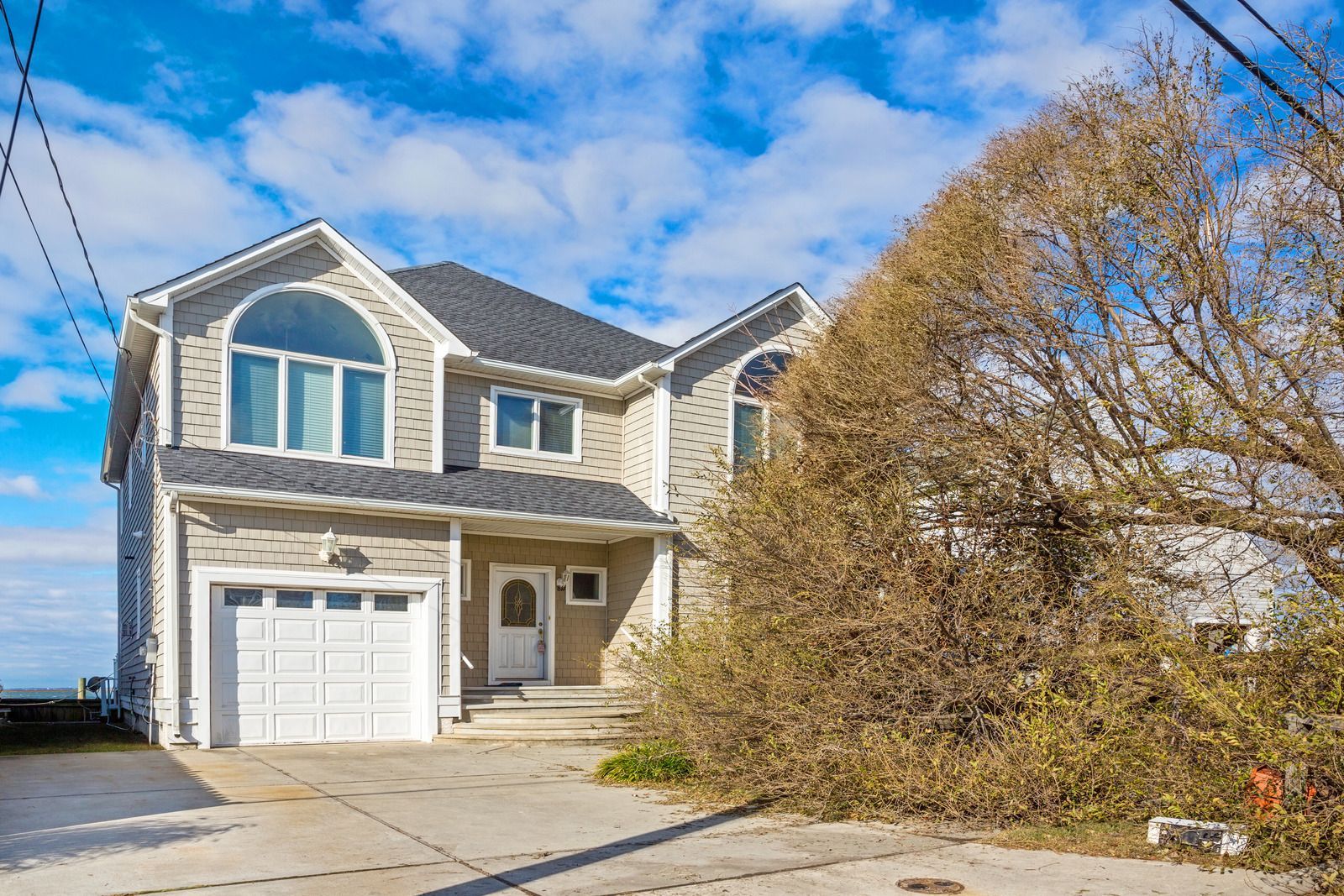
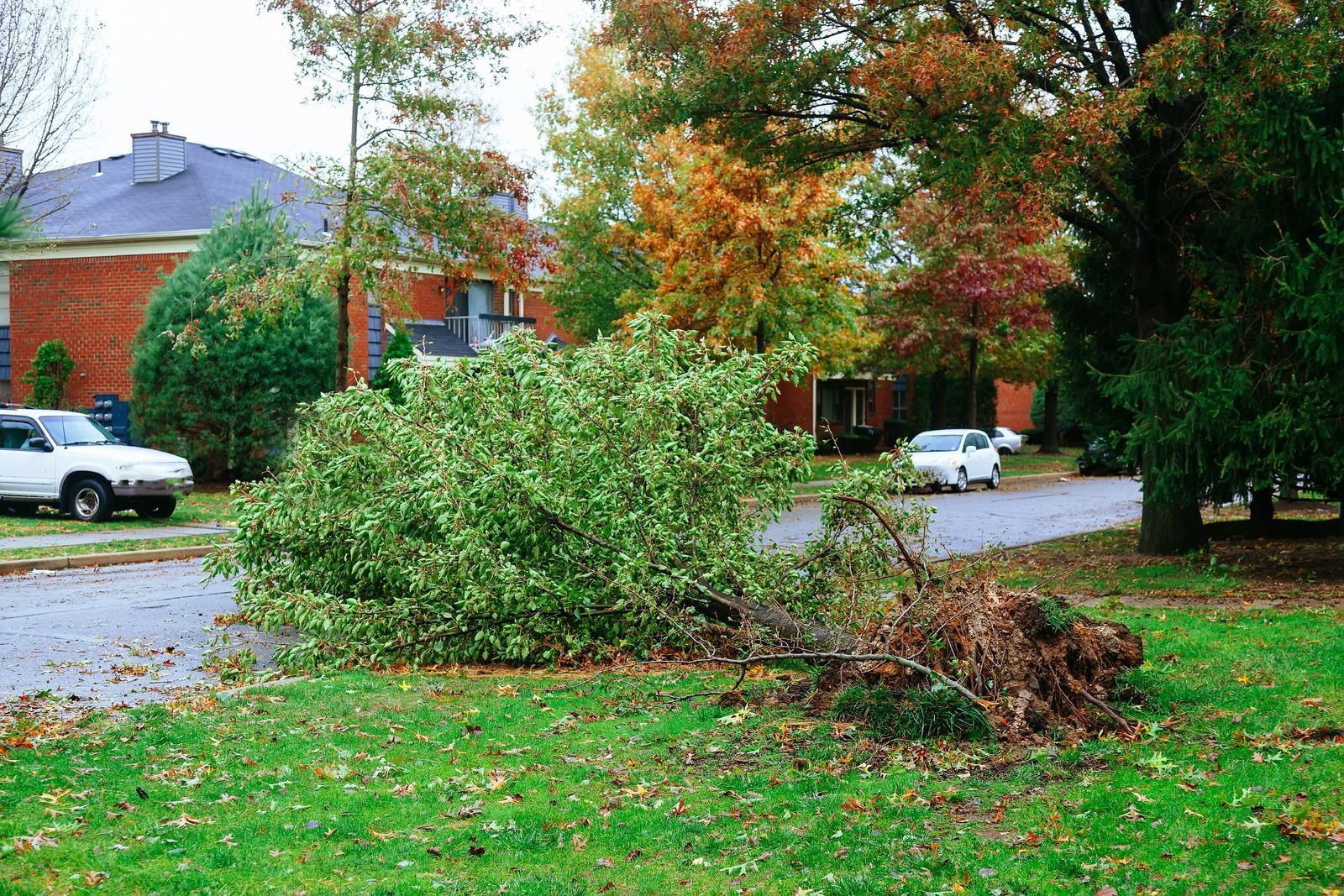
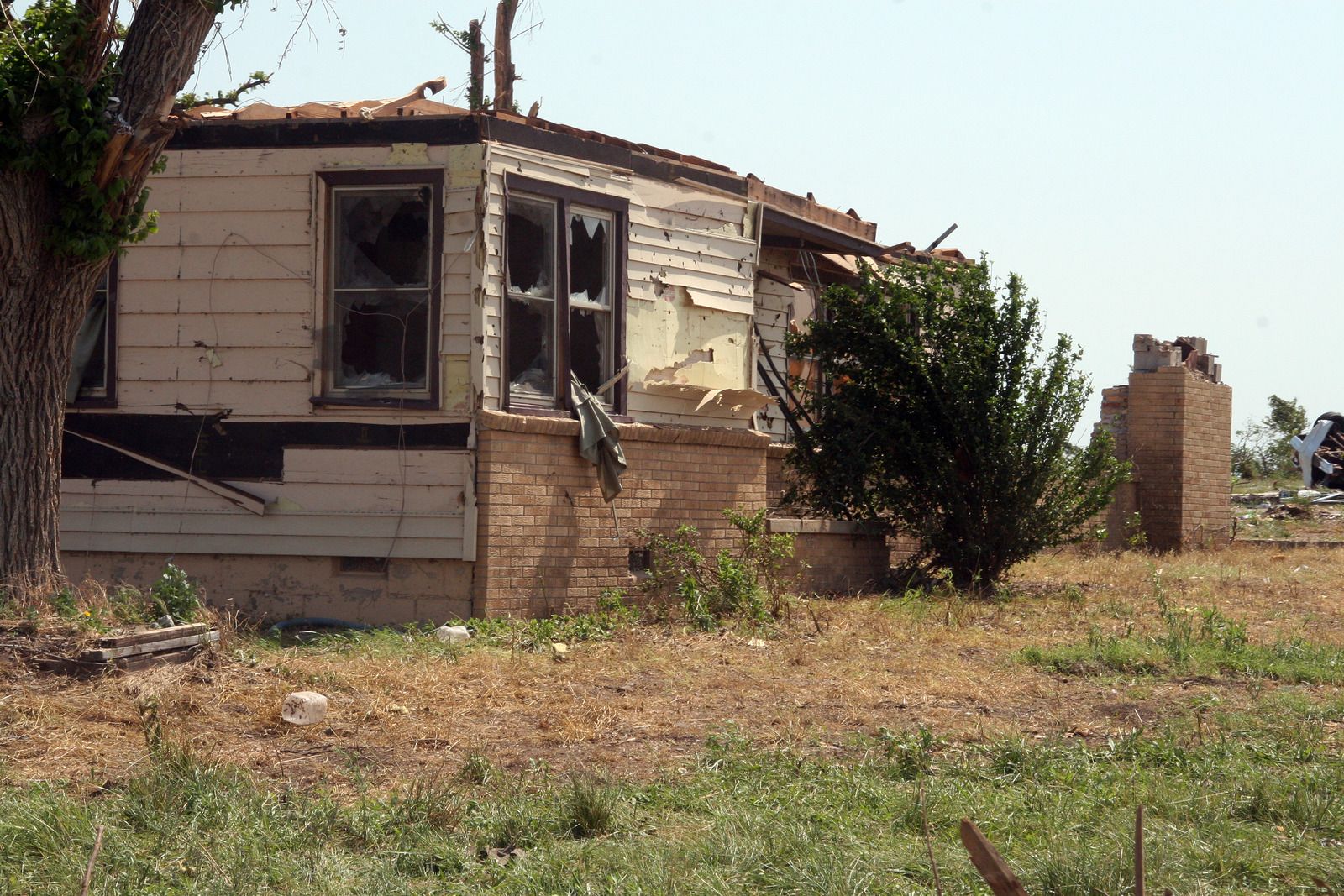

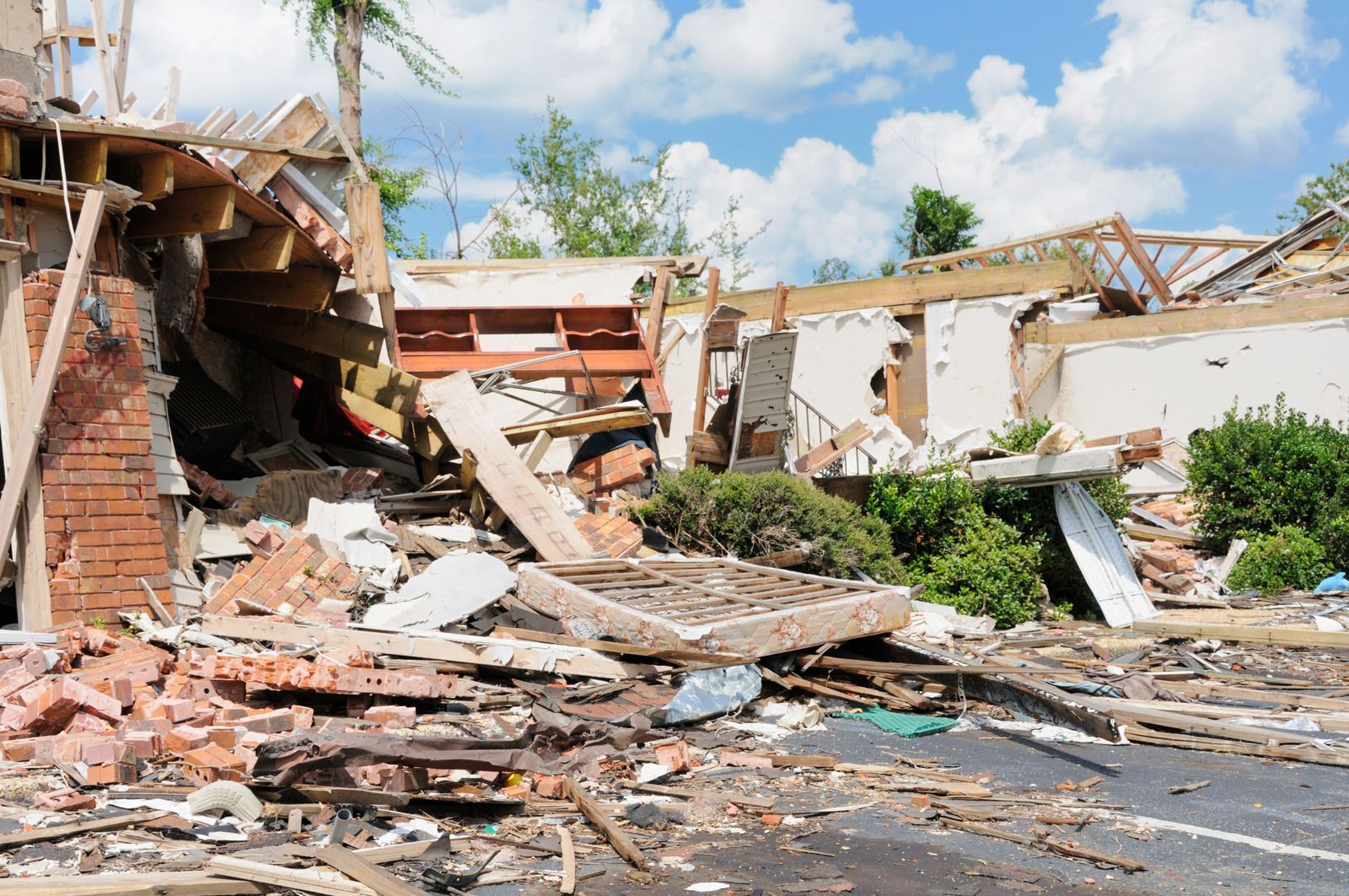
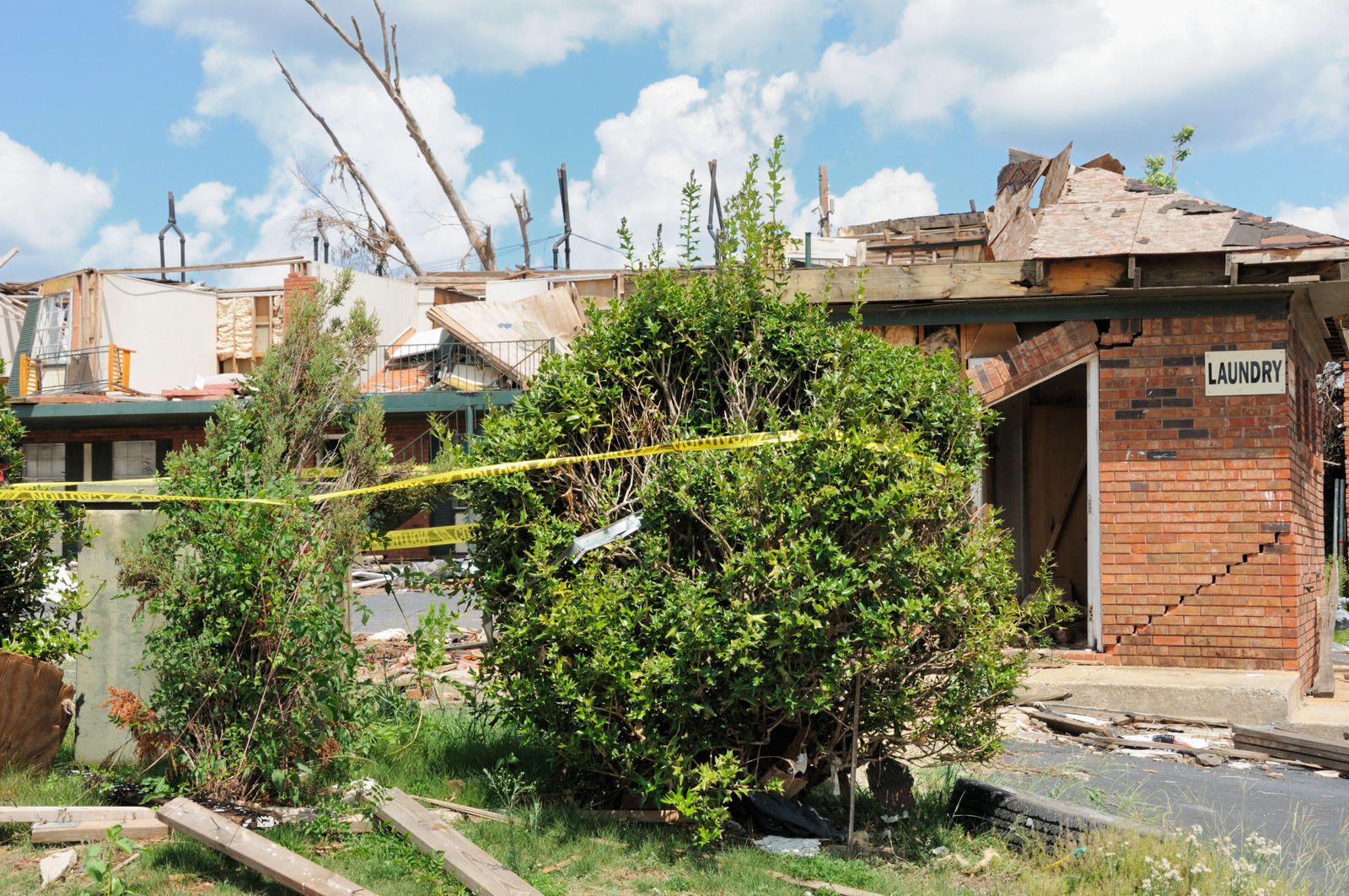
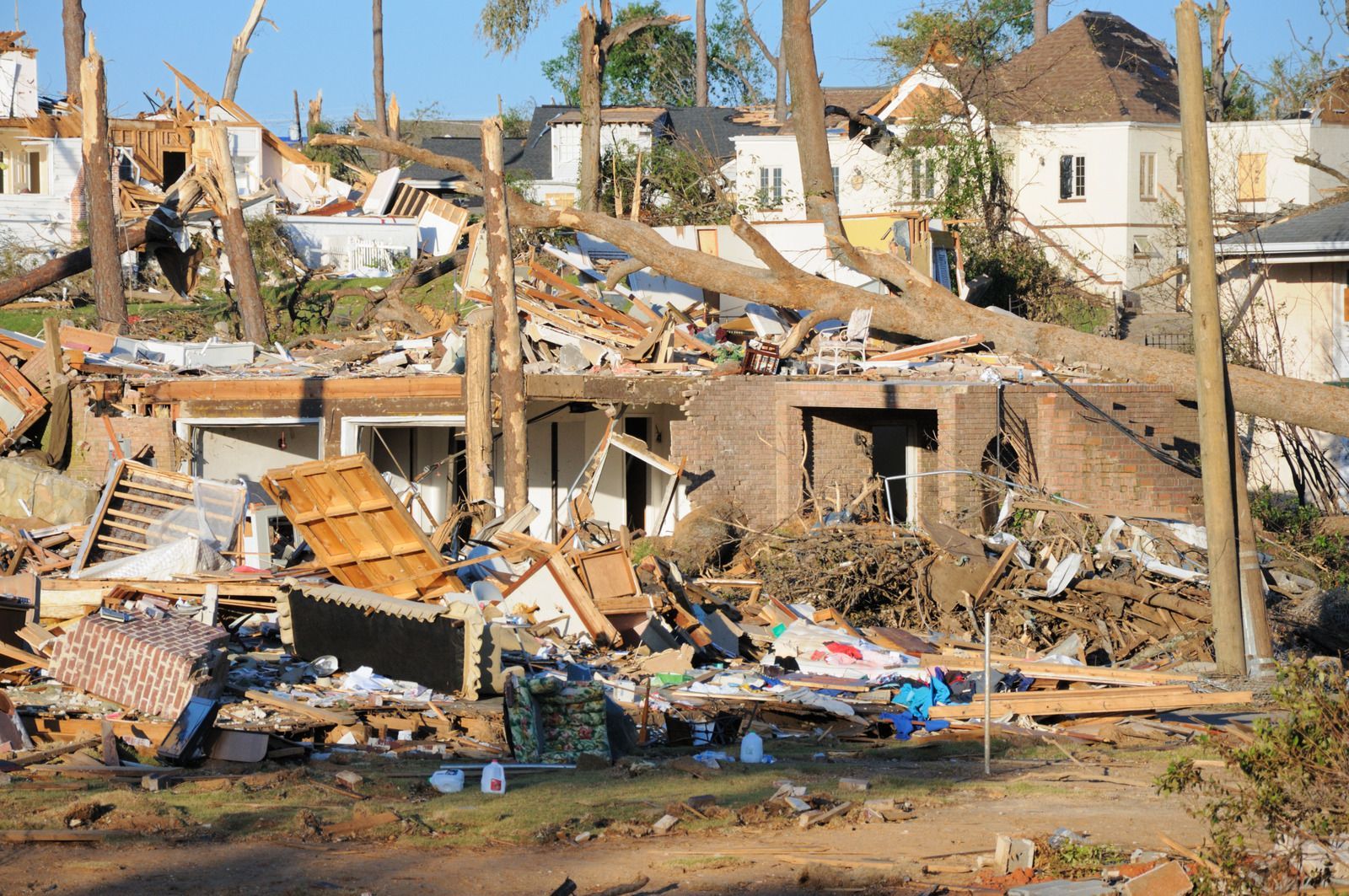
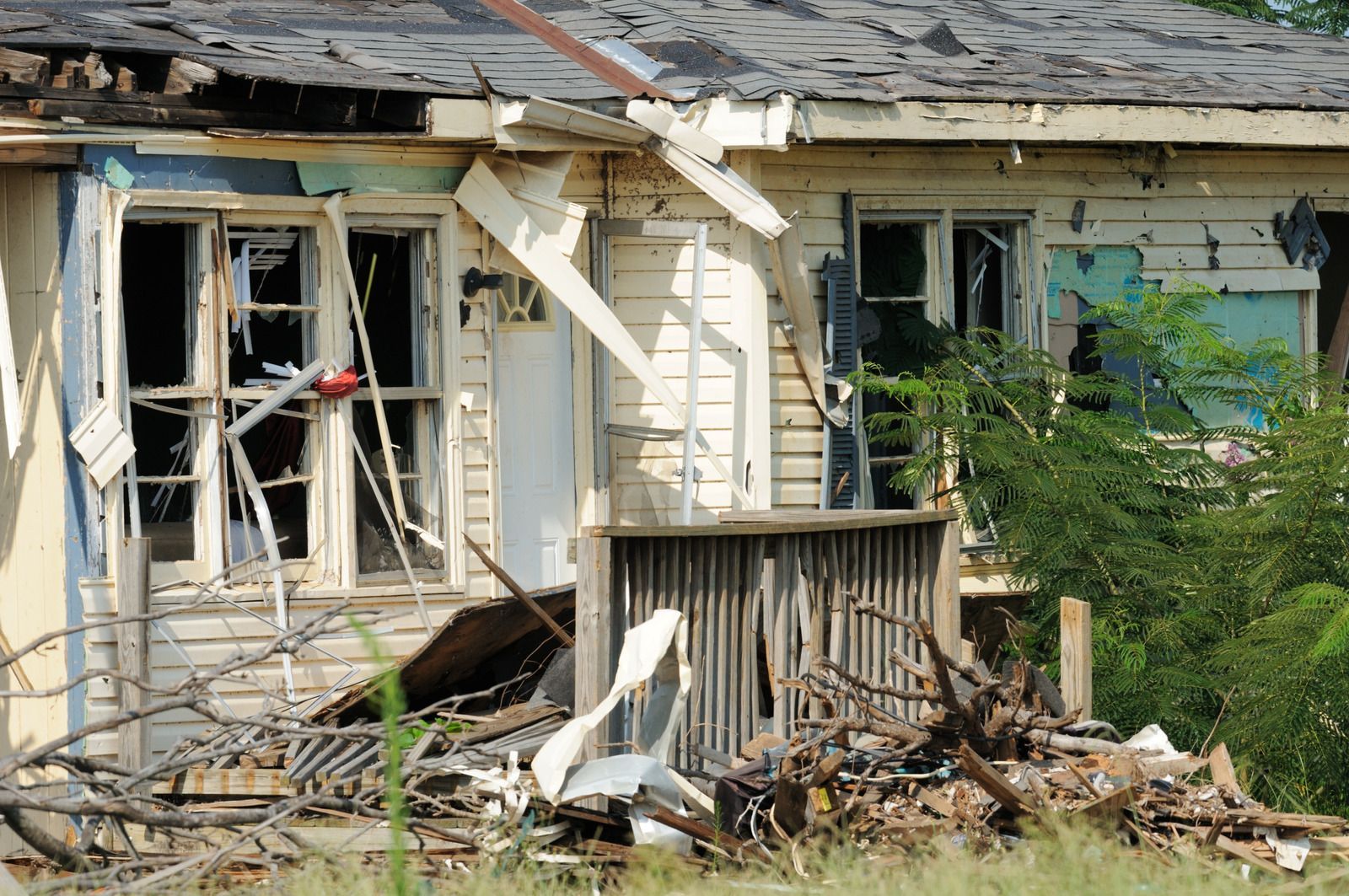

Contact Us Today!

